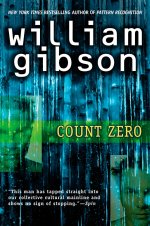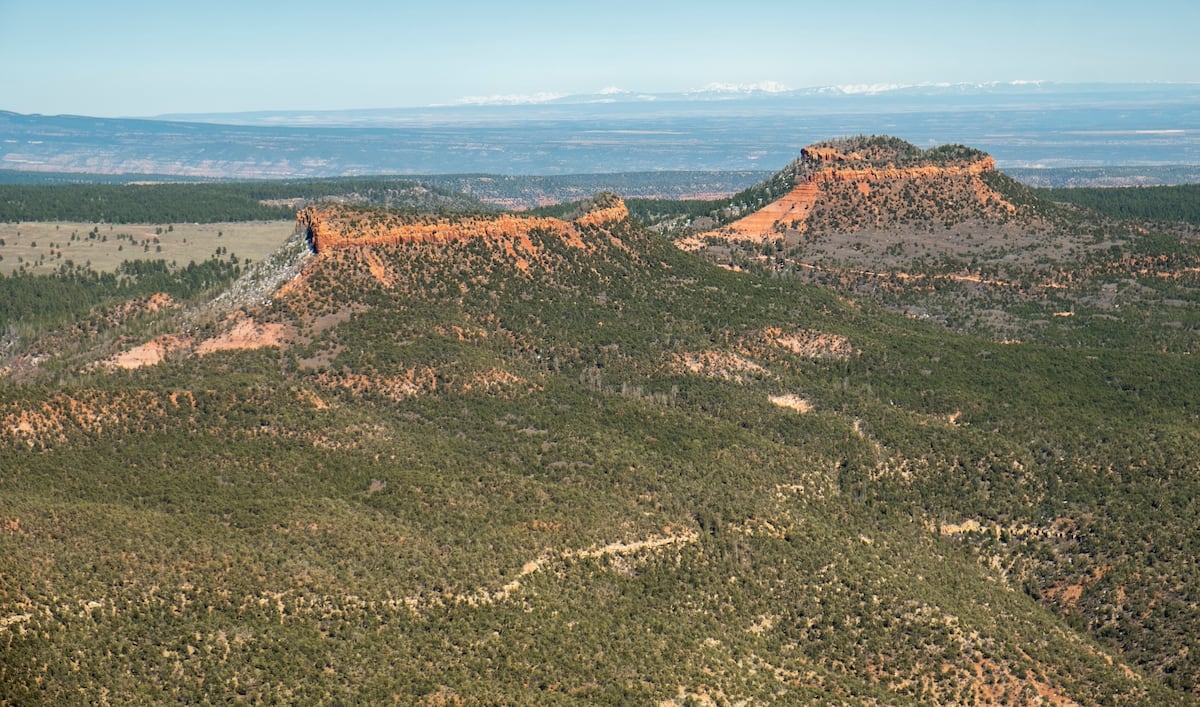- Joined
- Aug 11, 2020
- Posts
- 5,990
Just finished Count Zero (1986, William Gibson)- Second book of the Sprawl Trilogy. This is a very enjoyable cyberpunk story, better than Neuromancer (first book) although that was good too. It's amazing what this author writes about considering the state of computers and the internet when he wrote it. He really has the imagination to make this intriguing and thought provoking.
The only significant comment I have is that when he writes about cyberspace, it more akin to Virtual Reality, but you are connected in such a way that harm, even death can be incurred if you get yourself into a bad spot. The idea of SimStims is very cool. This is when you are linked to someone's brain or a recording of their brain, and you experiencing all of the senses they experience. The game Cyberpunk 2077, that came out this year features something like this, so Gibson was ahead of his time.
The only significant comment I have is that when he writes about cyberspace, it more akin to Virtual Reality, but you are connected in such a way that harm, even death can be incurred if you get yourself into a bad spot. The idea of SimStims is very cool. This is when you are linked to someone's brain or a recording of their brain, and you experiencing all of the senses they experience. The game Cyberpunk 2077, that came out this year features something like this, so Gibson was ahead of his time.


